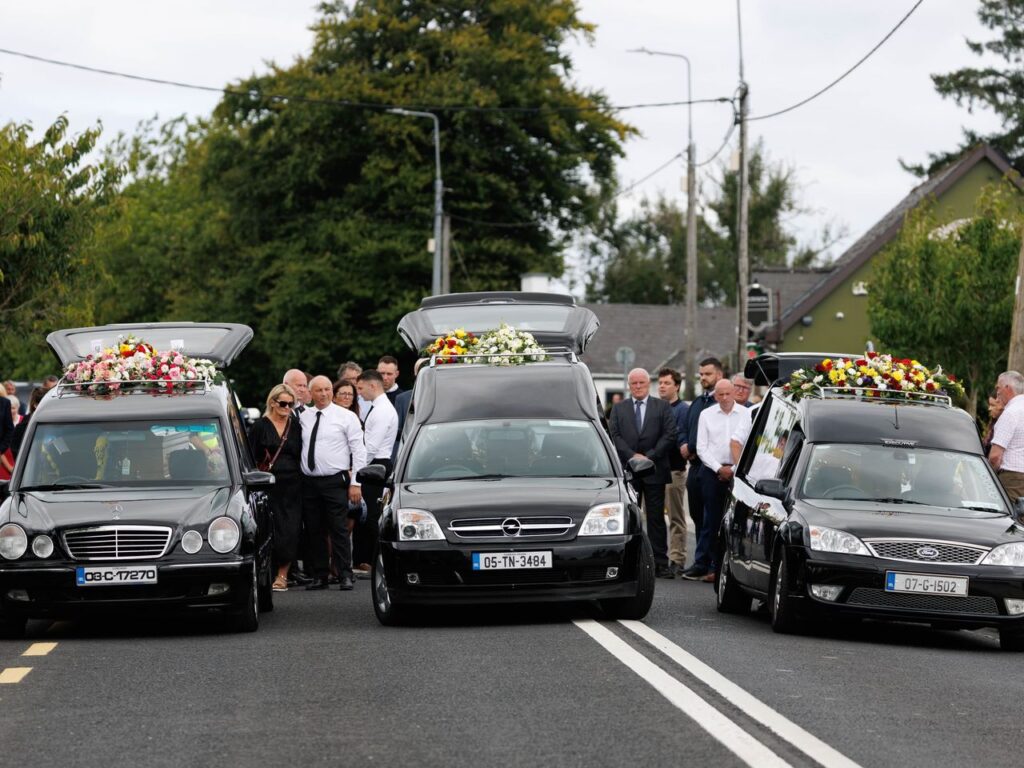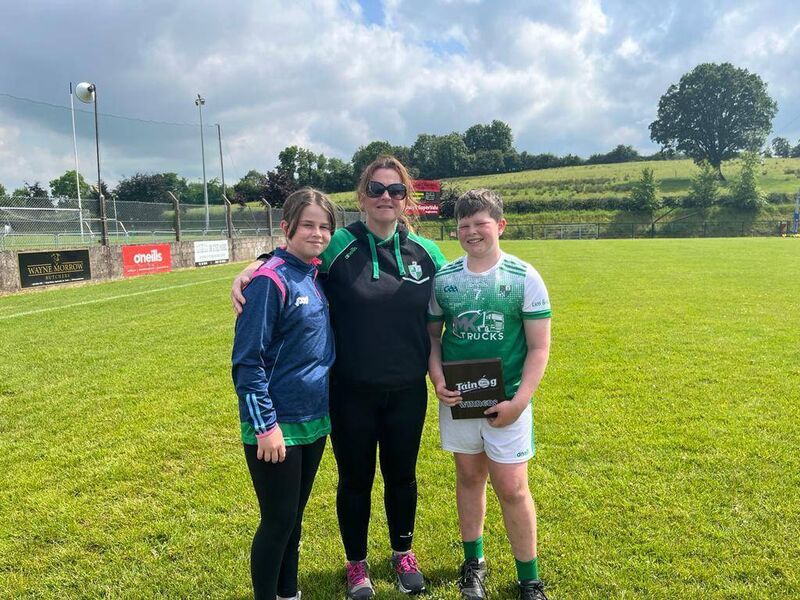Bright Colours for a Dark Reality
Her name is Vanessa Whyte, aged 45, last week in the quiet village of Maguiresbridge, Co. Fermanagh, she and her two adored children Sara (14) and James (13) were murdered in their home.
It’s the August bank holiday weekend here, Vanessa and her children were due to spend this weekend in Co. Clare with her family, a trip full of summer promise and family warmth. Instead, this weekend, they will be laid to rest.
Vanessa, Sara, and James should be in Co. Clare today, they should be on a beach, eating ice cream, watching sunsets.
Instead, they are gone.
Their killer? Vanessa’s husband, the children’s father, a man who decided that if he could not control them, he would destroy them. A man who believed, as so many do, that their lives were his to take.
The news was devastating. But it is not new.
We are asked to consider mental illness every time a man murders his family. But there are thousands of men and women living with mental illness who do not commit murder. There are people living in agony every day, struggling, surviving — and never once contemplating the annihilation of their family.
This wasn’t mental illness. This was entitlement. This was the belief that Vanessa and her children were not separate, whole, autonomous beings, but extensions of him.
How many more women and children have to die before we name it for what it is?

Northern Ireland has been described as the most dangerous place in Europe to be a woman. In 2022, a report by the UK Femicide Census revealed that women in Northern Ireland are more likely to be killed by a current or former partner than anywhere else in the UK or Ireland.
We don’t talk about that often enough. We don’t teach it in schools. We don’t fund campaigns that challenge misogyny and coercive control.
Since 1996, over 250 women have been murdered by a current or former male partner in the Republic of Ireland alone. Add Northern Ireland’s numbers, and the figures become even starker.
In many of these cases, children were murdered too, not as collateral, but as deliberate targets, because hurting the children hurts the mother. These men don’t just want to kill — they want to punish.
Murder-suicides are increasing, and in case after case, we see a haunting pattern – women trying to leave, women in the midst of building a new life, women protecting their children and men deciding if they can’t have control, no one can.
After every tragedy, we’re told to “watch for the warning signs.” But what good is that if there’s nowhere safe to go? What good is knowing you’re in danger if there are no services, no refuge, no political will to fund protection and prevention?
At the prayer service in Maguiresbridge, mourners heard that the grief was “more than any heart can bear.” They spoke of Vanessa’s kindness and warmth, the joy of her children, their laughter still echoing in school corridors and on the GAA pitch.
Mourners were asked to wear bright, cheerful colours to celebrate their lives, because they were so full of life.
How many more women and children have to die before we see real change? How many more bright-coloured funerals will we endure?
We cannot continue to excuse this epidemic of violence as individual pathology. We must name it for what it is. Gender-based violence. Power and control. Entitlement rooted in misogyny.
We must confront what government after government has failed to do – fund Women’s Aid and rape crisis centres adequately. Implement compulsory education in schools about healthy relationships and gender equality. Introduce public awareness campaigns that dismantle toxic masculinity and challenge societal norms around control, dominance, and ownership. Until we treat the murder of women and children as the emergency it is, we are complicit.
Let their names not just be mourned — but mobilised.
In lieu of flowers, the family has asked for donations to Women’s Aid because they know, as we all do, that real change doesn’t come with silence. It comes with rage. It comes with action.
It will only come when we finally stop pretending this is about mental health. This is about entitlement. This is about control. This is about misogyny.
If we don’t face it head-on, we will bury more families in bright colours.
From RIP.ie – Cherished and much-loved Vanessa, James and Sara will forever be in the hearts of their heartbroken family, remembered fondly by a devoted mother and loving grandmother Mary Whyte, sisters and brothers (aunts & uncles) Geraldine, Anita, Steve, Regina & Ivor and by their respective partner’s Michael, Bernie, Ciara and Anita’s husband James. Sadly missed by all their heartbroken cousins Deirbhíle, Erin, James, Danielle, Aishling, Jack and Harry Joe. They will be greatly missed by the extended Whyte Family, friends, work colleagues and the wider GAA Communities in both Fermanagh and Clare.
If you or someone you know is experiencing any form of violence or abuse, please visit our website for numbers to all Supports & Help HERE
Subscribe to The FEMCAST and help us bring these critical stories to light. Each listener, each voice, and each story makes a difference. Together, we can break the silence.
If you enjoy our content and would like to support our research and work, consider buying me a coffee (by clicking links below). Your contribution helps me continue creating this content. Thank you for your support!







